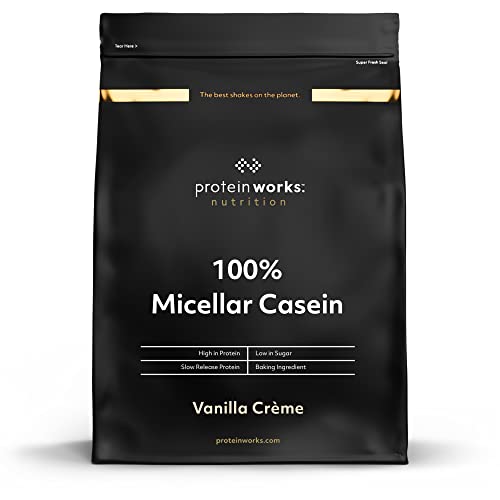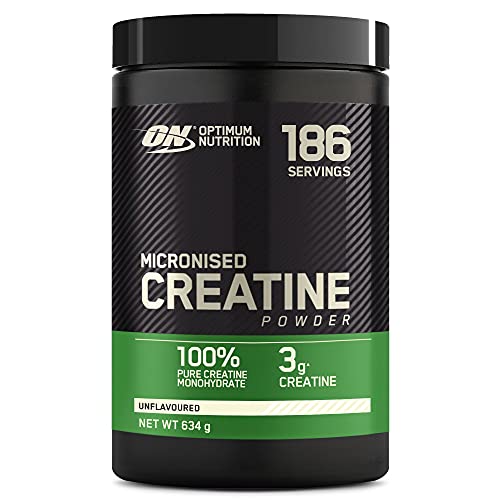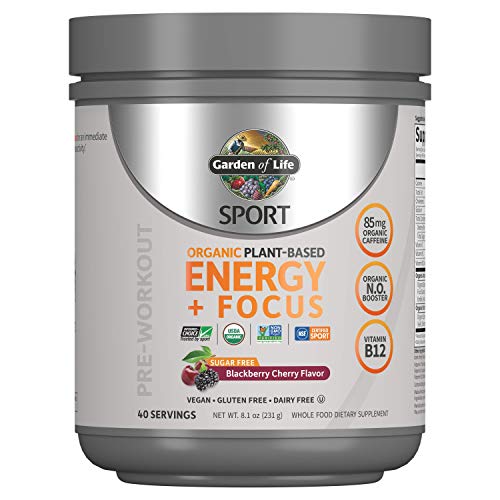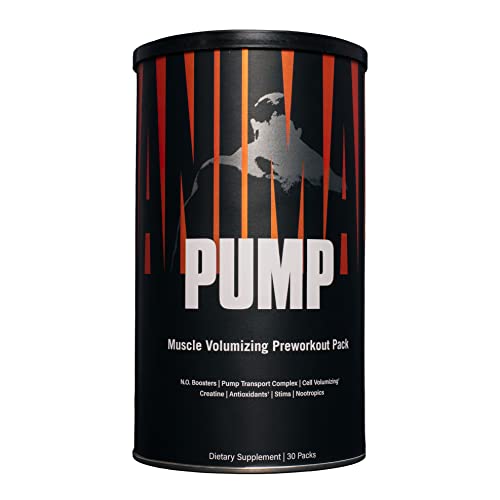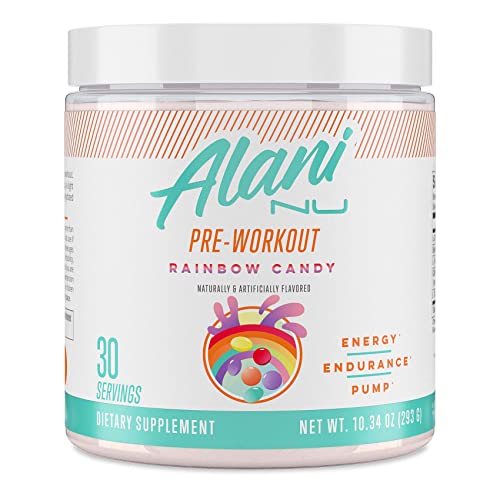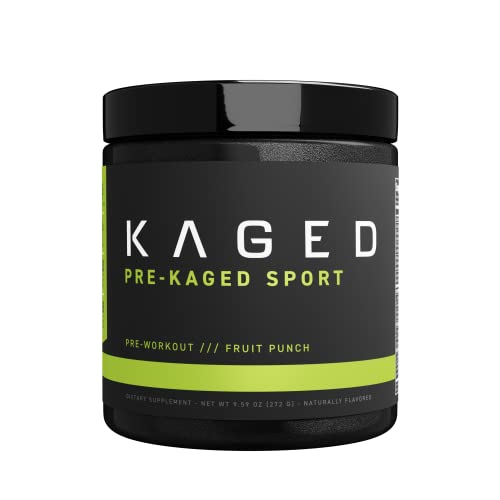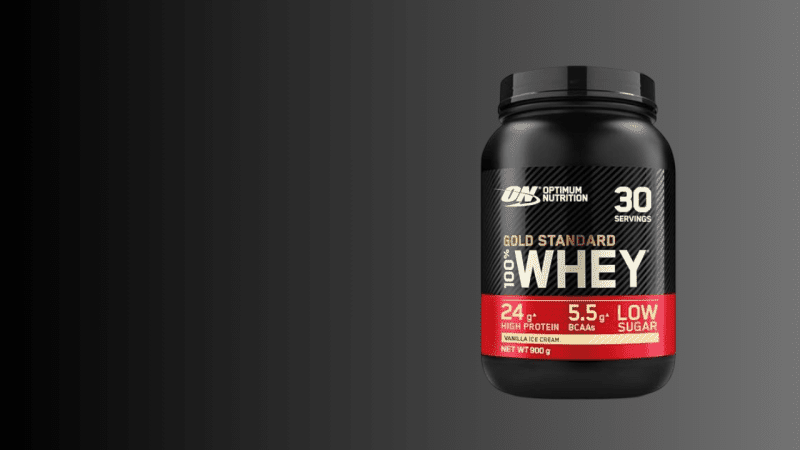Mastering Muscle Growth: A Comprehensive Guide to Training Frequency
Introduction: The Intricate Science of Muscle Building
Training frequency represents a critical yet often misunderstood component of muscle hypertrophy—the biological process of muscle tissue growth. Far more than a simple matter of counting workout days, effective muscle development requires a sophisticated understanding of physiological adaptation, recovery mechanisms, and individual variability.
Understanding Individual Fitness Trajectories
Novice Lifters: Laying the Foundation
For individuals new to resistance training, the initial approach must be methodical and conservative. Beginners should aim for two to three structured workout sessions per week, focusing on:
- Establishing proper movement patterns
- Building foundational muscular endurance
- Developing neuromuscular coordination
- Minimizing injury risk
- Allowing comprehensive recovery between sessions
The primary goal during this phase is not maximal muscle growth but creating a robust neurological and muscular infrastructure that can support more intense training in subsequent stages.
Intermediate to Advanced Practitioners: Escalating Complexity
As individuals progress in their fitness journey, training frequency becomes more nuanced. Three to four weekly sessions become not just feasible but potentially optimal, characterized by:
- More sophisticated exercise selection
- Enhanced understanding of individual muscle group responses
- Increased capacity for volume and intensity
- More targeted recovery strategies
- Ability to manage complex training stimuli
Protein Works - Micellar Casein Protein | Slow Release Shake | Amino Acids | Vanilla Crème 2kg
Premium slow-release vanilla crème protein shake with essential amino acids - fuel your bodybuilding journey with Protein Works' Micellar Casein Protein in a convenient 2kg size
Product information
$52.59 $50.72
Product Review Score
4.88 out of 5 stars
36 reviewsProduct links
The Physiological Mechanics of Muscle Growth and Recovery
Muscle hypertrophy is a complex biological response triggered by strategic physical stress. Contrary to popular belief, muscles do not grow during the workout itself but during the subsequent recovery phase. This process, known as muscle protein synthesis, involves:
- Repairing micro-tears in muscle fibers
- Reinforcing muscle tissue structure
- Adapting to previously experienced stress loads
- Synthesizing new contractile proteins
Overtraining disrupts this delicate process by creating cumulative physiological stress that exceeds the body's regenerative capabilities. Symptoms of overtraining include:
- Persistent muscular fatigue
- Decreased performance metrics
- Compromised immune function
- Increased susceptibility to injuries
- Potential hormonal imbalances
Progressive Overload: The Fundamental Principle of Muscle Adaptation
Progressive overload represents the cornerstone of sustainable muscle growth. This principle involves systematically increasing training demands through:
- Incremental weight increases
- Additional repetition volumes
- Enhanced time under tension
- Complexity of movement patterns
- Reduced recovery intervals
The key is implementing these increases gradually and strategically, ensuring continuous adaptation without overwhelming the body's recovery mechanisms.
Customizing Training Approaches
Intensity and Volume Manipulation
Sophisticated muscle-building protocols incorporate deliberate variation in training intensity and volume. This might involve:
- Alternating between heavy, low-repetition sessions
- Implementing lighter, high-repetition workouts
- Utilizing different rep ranges to stimulate diverse muscle fiber types
- Periodically changing exercise selection
Advanced Training Methodologies
For experienced practitioners, advanced techniques like:
- Muscle group split routines
- Undulating periodization
- Concurrent training approaches Can provide additional growth stimuli while managing recovery demands.
Pure Creatine Monohydrate for Performance - Unflavoured
Enhance Your Performance with Unflavoured Pure Creatine Monohydrate for Sport Nutrition and Bodybuilding Supplements
Product information
$25.99 $23.07
Product Review Score
4.59 out of 5 stars
111 reviewsProduct links
Personalization: The Ultimate Performance Optimizer
No universal training frequency exists that suits every individual. Genetic predispositions, lifestyle factors, nutritional status, sleep quality, and stress levels all significantly influence muscle-building potential.
Successful long-term muscle development requires:
- Continuous self-assessment
- Willingness to modify training protocols
- Objective tracking of performance metrics
- Holistic consideration of recovery indicators
Professional Guidance and Specialized Considerations
While general guidelines provide valuable frameworks, individuals with specific objectives—such as competitive athletics, rehabilitation, or advanced bodybuilding—benefit immensely from professional guidance. Certified strength coaches can offer:
- Personalized program design
- Biomechanical assessments
- Advanced recovery strategies
- Injury prevention protocols
The Art and Science of Muscle Development
Muscle hypertrophy transcends simplistic workout counting. It represents a sophisticated interplay between strategic physical stress, comprehensive recovery, and individual biological responsiveness. By understanding these nuanced principles, practitioners can craft highly personalized, effective muscle-building strategies.
The journey of muscle development is simultaneously a scientific pursuit and a personal exploration—requiring patience, knowledge, and an unwavering commitment to continuous improvement.

